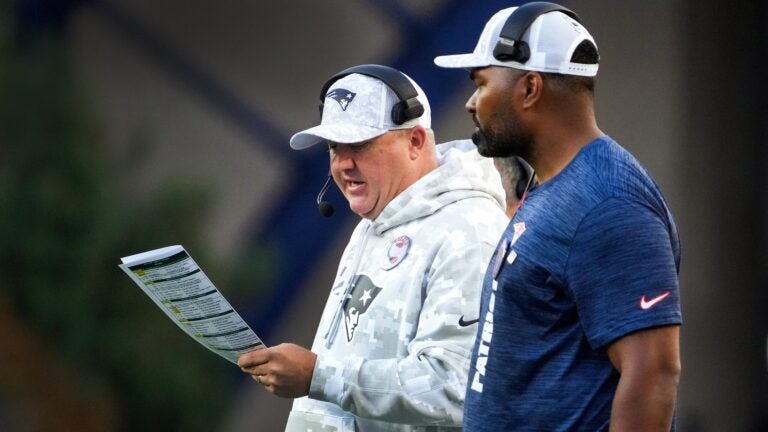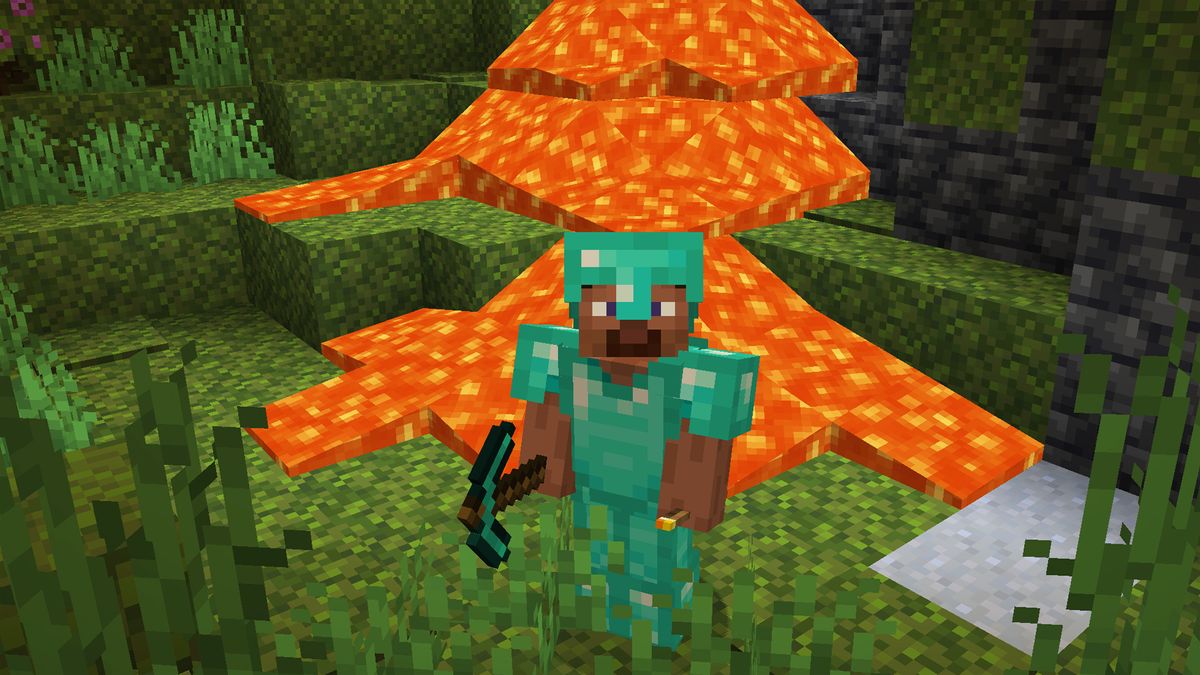Sports
Quinn Ewers needed two throws to save Texas’ season in the Peach Bowl and seal his legacy once and for all

Three years or three decades? It’s tough to tell sometimes with Quinn Ewers‘ Texas career.
Billed a generational prospect as the No. 1 recruit out of high school, Ewers picked up his Longhorn offer nearly six years ago. Since then, there’s been a commitment, a flip, a seven-figure NIL deal that sent him off a year early to Columbus, a transfer back to Austin, a shaved mullet, a Big 12 title, injuries (so many injuries), a QB controversy — fair or not — and a redshirt junior season that’s been anything but the NFL coronation so many expected it to be.
That buildup came to a head in a singular moment in Atlanta against Arizona State: 4th-and-13 in overtime while down 31-24.
The ball, which if incomplete would have been the last pass of Ewers’ Longhorn career, spun out of his consecrated right arm before wide receiver Matthew Golden came out of his break, finding him in stride for a 28-yard touchdown to tie the game.
On the first play of the next overtime, Ewers hit Gunnar Helm for a 25-yard go-ahead touchdown. Then came a two-point conversion to Golden and a legacy-defining, 39-31, win for Ewers, who helped the Longhorns return to the semifinals of the College Football Playoffs for a second straight season.
“Quinn’s a G, man,” said Texas head coach Steve Sarkisian postgame.
Ewers had an up-and-down performance against Arizona State. To say anything but would be disingenuous.
He began brilliantly with two passes for 77 yards and a touchdown. He then had a 7-for-14, one-interception stretch across the next 46 minutes of game time, a run that saw ASU turn a 24-8 fourth-quarter lead into a 24-24 tie.
Stationed at a bar in Austin, this writer heard Ewers elicit groans from fans after his interception. More than one person during the course of the game shouted for backup in the form of Arch Manning.
But when it came down to it — season literally on the line — Ewers delivered.
Ewers finished the final five minutes of the game and overtime 11-for-14 with 160 yards and two touchdowns. He put Texas in game-winning field goal position twice in regulation, only for Bert Auburn to miss both attempts, and then produced a pair of touchdown drives in overtime to give Texas the win.
A player so criticized, so speculated about and so, frankly, unwanted by segments of the Texas fan base stepped up on the biggest possible stage and saved the Longhorns from what would have an embarrassing defeat to end a season that began with championship expectations.
It doesn’t get more clutch than that.
Ewers came to Texas with expectations that he would be a generational talent at quarterback. He’s failed to meet that lofty billing. And yet Ewers is still one of the greatest quarterbacks in program history. Vince Young, Colt McCoy or James Street, he is not. At least not yet. But he’s right behind them for what he’s done for a proud program that he rescued from the desert of Alamo Bowls and losing seasons.
Texas didn’t win a conference championship between 2009 and 2022. Ewers helped break that streak in 2023. He’s led Texas to a pair of CFB Playoff appearances. He’s won games in Ann Arbor, College Station and Tuscaloosa. He’s 2-1 against arch-rival Oklahoma. He will have a chance to push Texas into the national championship game on Jan. 10 against Ohio State.
Perhaps Ewers will never be beloved like Vince or Colt. His career certainly feels uneven. We won’t blame him if he feels perpetually underappreciated by his fanbase.
But Ewers, during a week when so many called for his ever-so-famous backup, cemented his legacy in the Peach Bowl on Wednesday. He’s the QB who truly helped Texas get “back” as Joe Tessitore once prematurely croaked. This time it’s for real — Joe Tess on the call again, even — and Ewers is the reason why.










